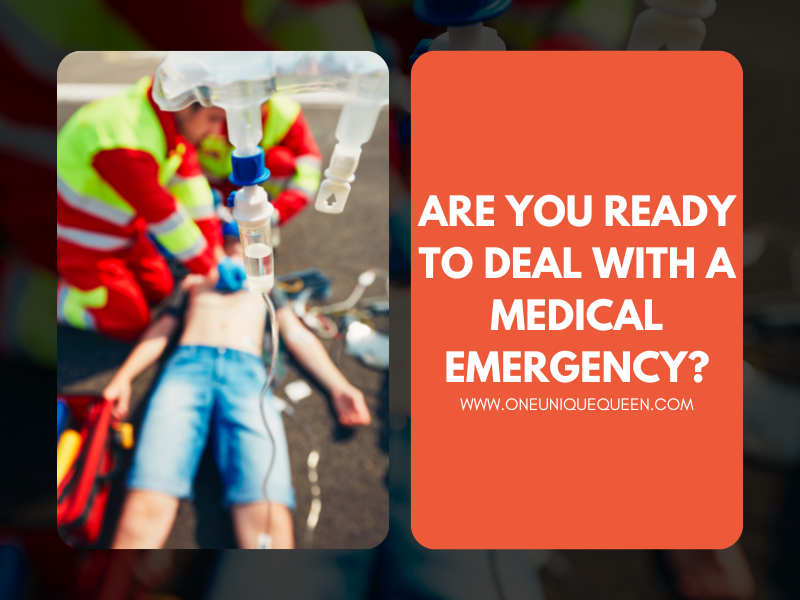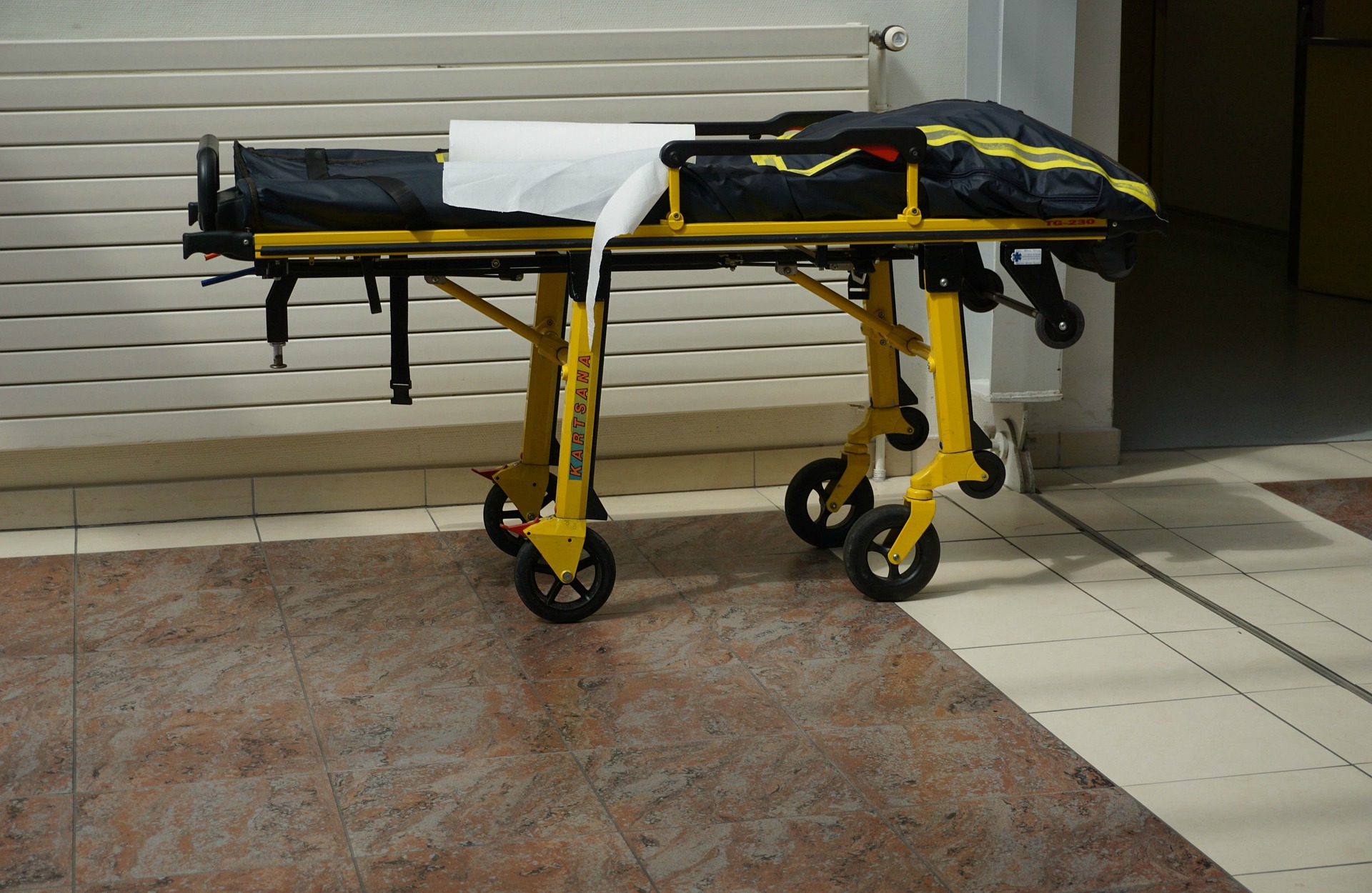


Of course, no one wants to think about the potential of a medical emergency happening to them and their family, but the reality is that it is likely at some point or another. Being prepared and able to start mobilizing to get the care that your family needs is crucial, and there is some work you can do to make sure that’s the case. Consider the steps below and see what you can do.

Know your emergency symptoms
Aside from the cases such as an instance where someone is clearly injured and needs help, you should be quick to recognize some of the symptoms that someone is in need of emergency care. Some of the emergency symptoms you should recognize include dizziness/fainting, chest pain, choking, bleeding, or seizure. Being able to provide some sort of emergency care, such as CPR, in the right event can help improve the outcome, as well.
Have the information you need on hand
When you get your loved one to the hospital or treatment center that’s going to be taking care of them, their medical team is going to be racing to ensure that they get the help they need as quickly as possible. Being able to give them the information that they might need is important, as well. As such, you should keep a written list of things such as medications they are on and health notes that their doctors need to be aware of in a visible and accessible place in the home.
Make sure that you know where to go
Get a good idea of the hospitals and emergency rooms within your reach. Although many of them will accept people for emergency care regardless of their status within the facility, registering with a general hospital near you can make it easier for them to get access to their history and can clear up some of the red tape that can hold back treatment after they are given emergency care. You need to have the whole family registered somewhere in your area.
Be ready to deal with the costs
It’s the ugly side of having to deal with health care, but the costs associated with treatment are very real. You can make sure that you’re registered with and take your loved one to a service that’s within your insurance provider’s network, but there are other tips worth learning when it comes to reducing your medical bills, such as getting itemized bills to make sure that you’re not double-paying for certain services.
Inform those who need to be informed
Think of who you would have to inform for each family member. If a spouse or partner was injured or became ill, you might need to let their employer know, while you let the school know about your child if it’s going to affect their attendance. Of course, keep in mind to inform close family members who need to know, too.
The better that you’re able to get everything you need together in the event of an emergency, the better that the outcome is likely to be. Hopefully, these tips help you do that.
In what other ways can you be ready to deal with a medical emergency? Let me know in the comments below!










COMMENTS MAKE ME HAPPY!